Sick of Smelly Drains? What Simple Tips Can Help You Banish Those Odors?
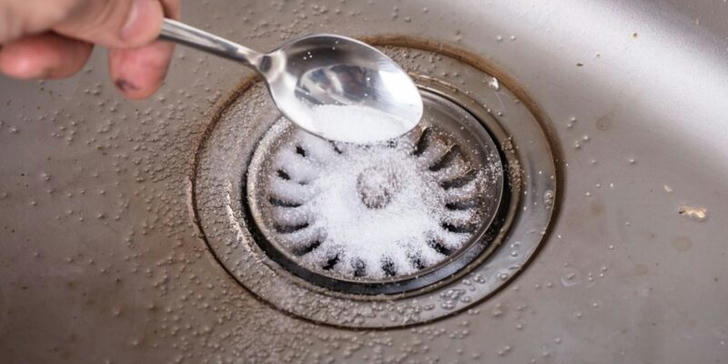
Foul odors from household drains can be quite bothersome, especially in hot or humid conditions where the smells may become more noticeable. To improve your home environment, it's important to understand what causes these odors and take effective steps to address them. Here’s a guide to common causes of drain odors and solutions to help eliminate unpleasant smells and keep your living space comfortable.
Regularly Clean Drains
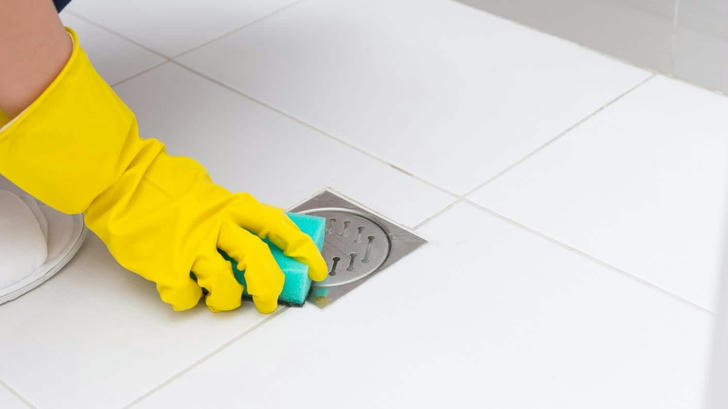
Odors from drains often come from grime, grease, and food scraps building up and producing unpleasant smells. For instance, grease and food leftovers in kitchen drains can create bad odors. To solve this, regularly clean your drains. You can use commercial drain cleaners or natural methods. For example, clean the pipes weekly with hot water and baking soda. Pour hot water into the drain, add a cup of baking soda, let it sit for 15 minutes, then flush with more hot water. This helps remove buildup and odors. Using a drain brush can also help clean the inside of the pipes. Additionally, enzyme cleaners and drain tablets available in stores can break down stubborn grease and grime.
Check and Fix Leaky Pipes
Leaky pipes can cause water loss in the drain, making the water seal ineffective and leading to odors. For example, a leaking bathroom drain can fail to block sewer gases from coming into the room. To fix this, regularly inspect your drains and pipes for leaks or damage. Look under sinks for signs of leaks and check pipe joints for drips. If you find leaks, repair or replace the damaged pipes promptly. Use pipe sealant or replace old seals to fix leaks. If you're not comfortable doing this yourself, consider hiring a professional plumber. Regularly check pipe connections to ensure they are tight and in good condition.
Use Odor Neutralizers
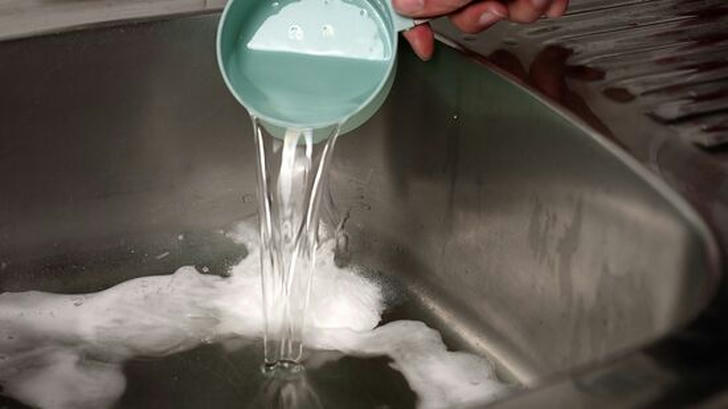
Odor neutralizers can help mask or eliminate foul smells from drains. For instance, pouring white vinegar or lemon juice into the drain can neutralize odors and add a fresh scent. Use these solutions periodically to keep your drains smelling fresh. You can also use commercial odor neutralizers, such as sprays specifically for drains. For a homemade solution, mix 1 cup of white vinegar with 1 cup of water, pour it into the drain, and flush with hot water. Activated charcoal bags and air fresheners designed for drains can also help keep the area smelling good.
Install Drain Odor Sealers
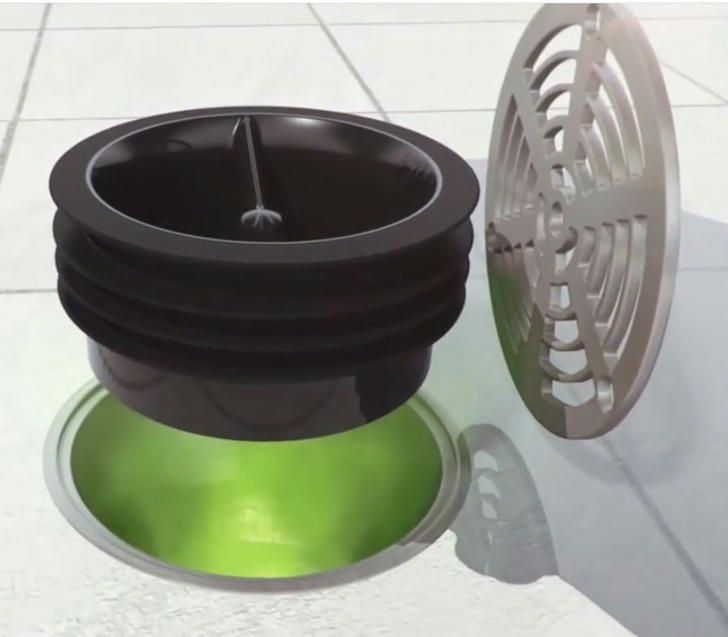
Odor sealers can effectively prevent bad smells from spreading into your home. Installing these devices at drain outlets in the kitchen and bathroom can block odors from escaping through the drain. These sealers often have flexible membranes or valves that block odors while allowing proper drainage. Choose sealers with filters for added protection against odors and debris. Ensure the sealer fits tightly with the drain to prevent leaks. Odor sealers can also be used for washing machine drains and bathtub drains to keep smells contained.
Regularly Check the Drainage System
Sometimes, drain odors are caused by issues in the drainage system, such as standing water or blockages. For example, standing water in a bathroom drain can lead to bad smells. Regularly check your drainage system to make sure there are no blockages or standing water. Use drain cleaning tools like a manual snake or high-pressure washer for simple unclogging. For serious blockages, you might need professional tools or services. Chemical cleaners like degreasers can help clear grease and grime. For severe blockages, hire professionals to ensure the problem is completely resolved.
Prevent Foreign Objects from Entering the Drain
Foreign objects like grease, food scraps, and tissues can block drains and cause odors. For example, grease and large food pieces can lead to clogs and bad smells in kitchen sinks. Install filters in kitchen and bathroom drains to catch grease and large items. For example, use fine-mesh filters and clean them regularly. Similar filters can prevent hair and small items from entering the drain. Avoid putting non-degradable items like grease and sanitary products down the drain to reduce the risk of clogs and odors. Regularly clean drain outlets to keep them clear.
Address the Source of the Odor
Sometimes, drain odors may come from other issues, like problems with the septic tank or sewage system. For example, a full or faulty septic tank can cause odors to return through the drain. If the previous solutions don't work, check the septic tank or sewage system. Regularly clean and maintain the septic tank to ensure it works properly. If you find problems like a broken pump or damaged pipes, contact professionals for repairs. Regularly monitor the septic tank to avoid odor problems. If you notice leaks or blockages in the sewage system, get professional help to fix them.
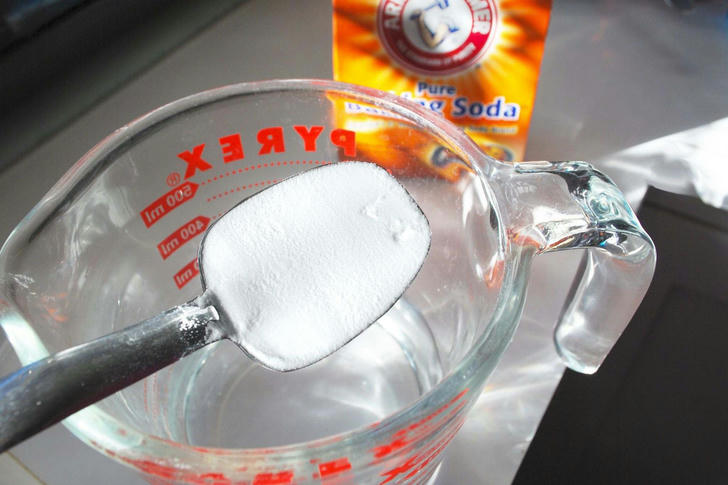
Dealing with drain odors not only affects comfort but can also impact health. By regularly cleaning and maintaining drains, checking and repairing leaks, using odor neutralizers, installing odor sealers, monitoring the drainage system, preventing foreign objects from entering, and addressing the source of the odors, you can effectively manage and eliminate drain-related smells. Keeping your home environment fresh and comfortable will help create a healthier living space.
